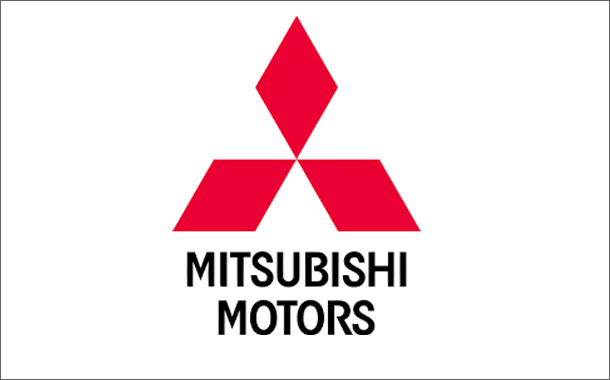By Alysha Webb, Editor and Publisher
Mitsubishi Motors in late July announced it would cease production at its plant in Normal, Ill. The automaker naturally said it remains committed to its dealers in North America. If that proves true, the lack of North American production shouldn’t change Mitsubishi dealerships’ valuation, said industry experts.
“Closing a production [site] in itself will have little effect on values,” said Brodie Cobb, managing director of The Presidio Group LLC.
But, he added, statements by the manufacturers appeared to indicate it was shifting its focus to Asia. In the longer term, that could hurt the value of Mitsubishi franchises.
If that is the strategy, it “may mean less product, marketing, and other resources for the U.S., which would obviously hurt the Mitsu brand and thus dealership value here in the U.S.,” Cobb told Automotive Buy Sell Report.
Mitsubishi said it is still fully committed to the North America market. “The North American market remains a priority for Mitsubishi Motors. We will continue to sell Mitsubishi cars, including current and planned models, at Mitsubishi dealerships across the United States,” said a statement from the automaker.
There are some 380 Mitsubishi dealers across the U.S. Their sales have dipped, then climbed over the last five years. According to Kelley Blue Book, U.S. sales peaked in 2011 at 79.016 units, dipped to 57,790 units in 2012, then begin to rise again. This year, the pace appears set to top 2011, with year-to-date U.S. sales at 49,544 units, up 12 percent on the same period in 2011.
R.C. Hill, owner of a Mitsubishi dealerships in Deland, Fla. that is one of the top-selling stores nationwide, told Automotive Buy Sell Report he is neither surprised nor dismayed by the plant closure.
“If you take the story by itself, it is a little unnerving,” said Hill. “But if you look at [Mitsubishi’s] moves over the last few years, it doesn’t surprise anyone. I am not alarmed.”
The plant once jointly produced cars for Chrysler and Mitsubishi, said Hill. When Chrysler stopped using the plant in 2004, it left a lot of unused capacity. As well, unlike many Japanese automakers in the U.S., the Normal plant was unionized, so its labor charges were likely higher.
Also, the plant exports up to a third of its capacity to Russia. The Russian economy is now in a slump and exports have dwindled.
Closing the plant should free up more resources for promoting the brand in North America, said Hill.
“Once the plant is out of the equation, I think [Mitsubishi] will bring a lot of profits out of this market,” he said.
Hill hopes those profits can also be channeled into new product development. Mitsubishi needs more SUV models in its portfolio, he said.
Commitment the key
The near-term impact on Mitsubishi dealers should be small, Karl Brauer, senior director of insights at Kelley Blue Book, told Automotive Buy Sell Report. But Mitsubishi will need to manage the supply of new cars to dealers well.
Said Brauer: “The process of shutting down the U.S. plant while opening a new one somewhere else could result in a shortage of cars for dealers, but if it’s managed properly it doesn’t have to.”
Longer-term, the value of a Mitsubishi franchise will be tied to ability of the manufacturer to demonstrate its commitment to the U.S. market, said Brauer. Most of its products were already produced overseas, he said, “so it’s possible there will be no shift away from the U.S. as a result of this plant closure.”
Mitsubishi only produces one model – the Outlander Sport SUV – at the Normal plant, said dealer Hill. The other models come from Japan and Thailand. He has visited both plants, he said. Hill mentioned the Japan plant in particular as having “new state of the art tooling.”
Between the two, Mitsubishi has plenty of capacity. “They have assured us we won’t see any interruption” in supply, said Hill.
“We’re keeping the faith that they will keep their commitment to the U.S.,” he said.











